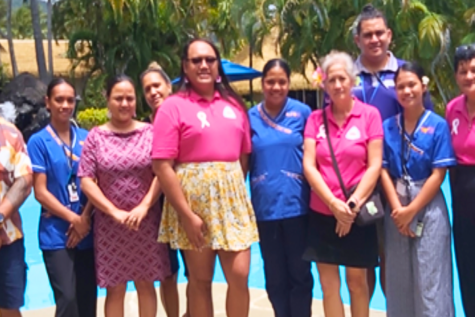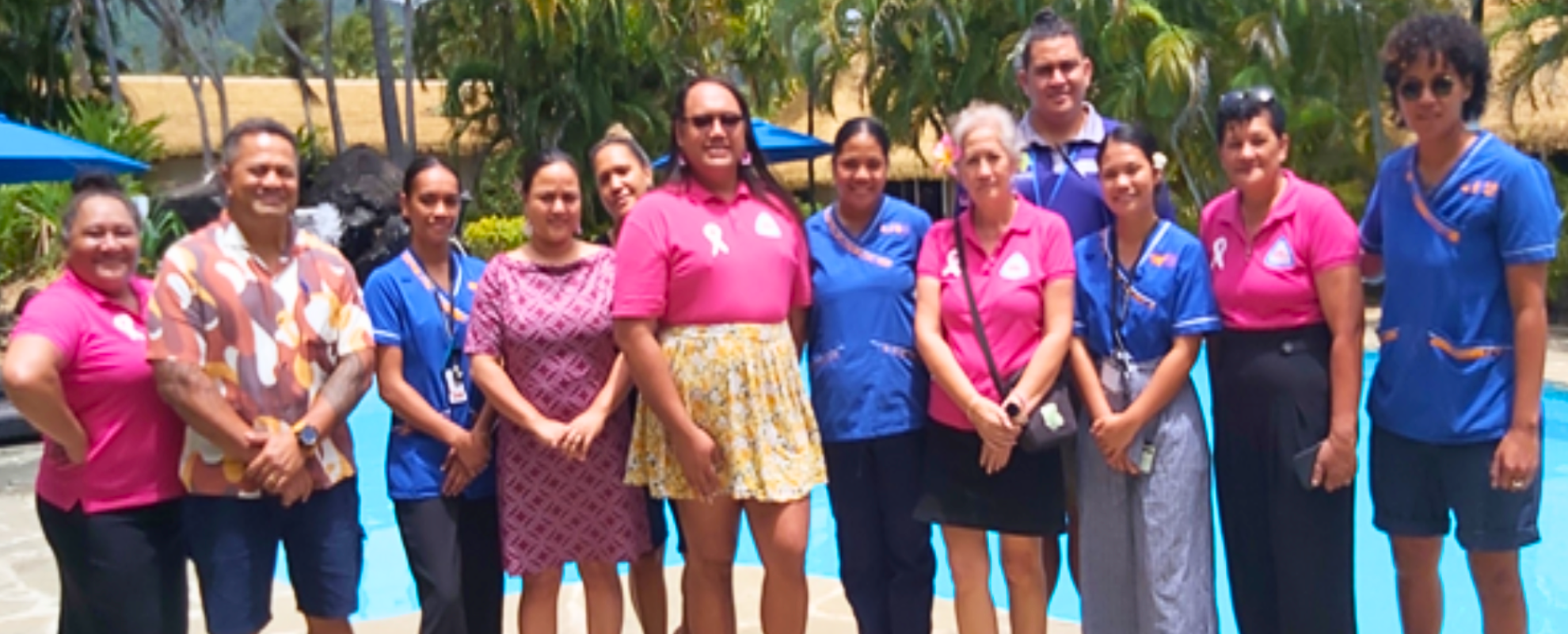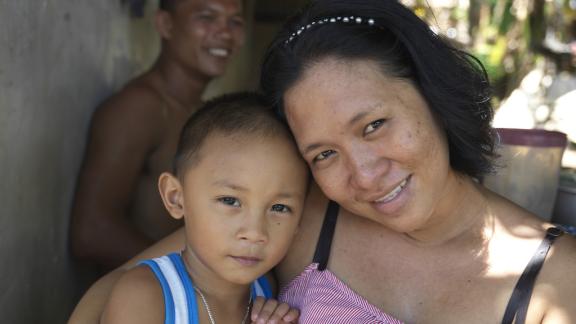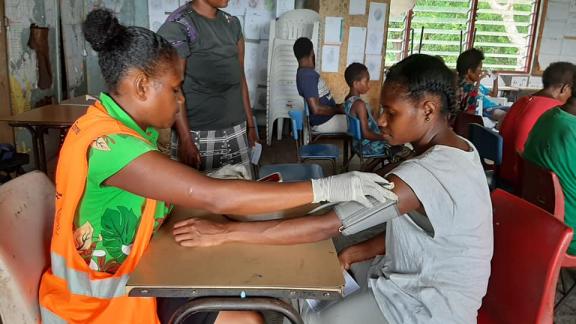Spotlight
A selection of resources from across the Federation

Cook Islands, New Zealand
Ora’anga Meitaki no te Vainetini: Cook Islands Women’s Wellbeing in the Context of Abortion
In 2022, research on abortion, including unsafe abortion, in Cook Islands was conducted by the University of New South Wales, University of the South Pacific Cook Islands Campus Te Puna Vai Mārama | Centre for Research, and Cook Islands Family Welfare Association (CIFWA). Ora’anga Meitaki no te Vainetini: Cook Islands Women’s Wellbeing in the Context of Abortion includes the lived experiences and stories of women, advocates, support persons and health workers in the Cook Islands and Aotearoa New Zealand.
Filter our resources by:


| 27 March 2025
Ora’anga Meitaki no te Vainetini: Cook Islands Women’s Wellbeing in the Context of Abortion
Ora’anga Meitaki no te Vainetini: Cook Islands Women’s Wellbeing in the Context of Abortion includes the lived experiences and stories of women, advocates, support persons and health workers in the Cook Islands and Aotearoa New Zealand. The report discusses abortion, including unsafe abortion, in the Pacific islands. The report also details the Cook Islands and how this research was conducted in the Cook Islands.

| 18 December 2024
Final Report Workshop on Fertility and Aging
Addressing some of the most significant societal shifts of our time—declining fertility rates and ageing populations—the Family Planning Association of Hong Kong (FPAHK), in collaboration with IPPF ESEAOR, hosted a three-day workshop from 11–13 November. Bringing together Member Associations, partners, and experts, the event aimed to develop sustainable and equitable sexual and reproductive health and rights (SRHR) strategies for all age groups through a human-rights-based approach.

| 18 December 2024
Female Genital Mutilation (FGM) in Indonesia: Systematic Review
Indonesian Planned Parenthood Association (IPPA/PKBI) has taken proactive steps to combat FGM/C through data-driven research, capacity building, and strategic partnerships. A mapping exercise in South Kalimantan and Riau identified drivers, detractors, and community needs, with findings analysed alongside Semarang University and published in an academic journal to inform FGM/C programming. Building on this, IPPA trained local midwives to counsel parents on the harms of FGM/C and developed educational materials to enhance community awareness. Globally, IPPA engaged with experts at the IPPF Center of Excellence on FGM/C in Mauritania, collaborating with academicians, practitioners, and activists committed to eradicating FGM/C. Nationally, IPPA is working with government actors to refine FGM/C programming guidance, aligning efforts with Indonesia’s Roadmap to Eradicating FGM/C by 2030. This multifaceted approach underscores IPPA’s commitment to evidence-based strategies, empowering communities, and fostering partnerships to eliminate FGM/C and ensure healthier futures.

| 19 April 2024
IPPF ESEAOR Capacity Statements 2023
IPPF’s vision is that all people are free to make choices about their sexuality and well-being, in a world free from discrimination. We are a locally owned, globally connected civil society movement that provides and enables services, and champions sexual and reproductive health and rights for all, especially the marginalized. One of our main priorities is to ensure universal access to effective modern contraception and its informed use. Our Resources on three major topics in the region is available for download at the bottom of the page.

| 16 November 2023
Asia Pacific Contraception Policy Atlas
The Contraception Policy Atlas Asia Pacific Region 2023, the first intraregional comparative tool, assesses the contraception policies of 43 countries. Using 3 headings and 16 criteria, the Atlas scores policy frameworks on family planning and equitable access to contraception funding. Data for all 43 countries, collected in early 2023 and validated by IPPF ESEAOR, provides insights into reproductive rights and contraception access in the region, empowering advocates and policymakers. These findings shed light on the state of contraception policies in the region, revealing crucial insights. It was evident that only 12 out of 43 countries have legislation enshrining the right to choose the number, timing, and spacing of children. This indicates a need for greater recognition of reproductive autonomy across the region. In terms of healthcare coverage, the report noted that only 10 out of 43 countries cover contraception through their national health insurance, with just 7 providing full coverage. This suggests that access to contraception remains a financial barrier for many in the Asia-Pacific region. Emergency contraception availability also emerged as a key concern, with only 20 out of 43 countries making it available without a prescription. This underscores the importance of improving accessibility to emergency contraception. Check out the complete list HERE (available for download).

| 12 November 2023
Building Back Equal in the Asia Pacific: Realizing Sexual and Reproductive Health and Rights for Adolescent Girls
Of the global adolescent population of 1.1 billion under 18 years, more than half live in Asia and the Pacific Region. Adolescent girls in the Asia Pacific region face significant barriers such as limited access to healthcare (including sexual and reproductive health care), education, economic, social, and political participation, and high levels of violence and discrimination. This can lead to poor sexual and reproductive health (SRH) outcomes such as high adolescent pregnancy rates, STIs including HIV, and sexual and gender-based violence. Despite the greater focus on ASRH in the global health agenda, it continues to be challenging in Southeast Asia to generate political and policy prioritisation for adolescent sexual and reproductive health (ASRH). Many young people see their potential hindered by social norms, cultural attitudes, institutional and structural barriers and violations of their fundamental rights by virtue of their age. However, in the policy-making sphere, adolescent SRH is an emotionally charged issue as it deals with sexuality (considered a taboo subject) and adolescents are considered “too young” to make decisions about their bodies, lives and futures. This policy brief aims to support national governments, including those working with national governments to develop and implement policies, donors and civil society to take adequate steps to coordinate action and contribute to the safety, health, and education of adolescent girls, and build opportunities for them. The brief unpacks the policy environment and includes a number of recommendations to strengthen the promotion and protection of the rights of adolescent girls.









